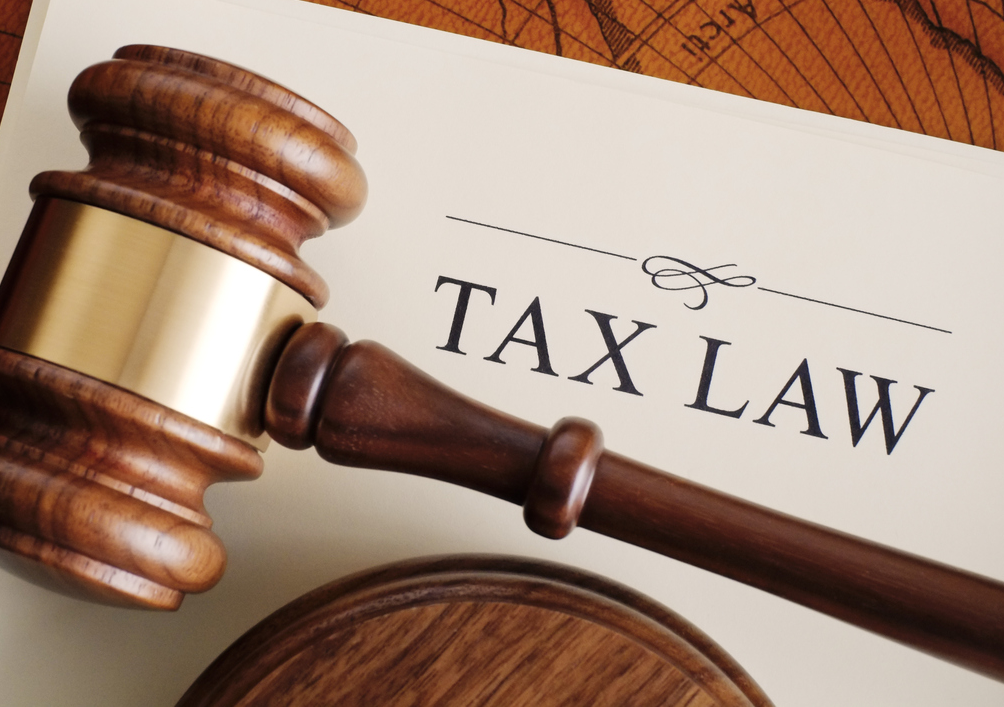Tax lawyers specialize in various aspects of taxation law, and their roles and qualifications can differ based on their area of expertise within this field. Here are some types of tax lawyers along with their roles and qualifications:
1. Tax Litigation Lawyers
- Role: Represent clients in disputes with tax authorities. They handle cases in tax courts, ensuring compliance with tax laws and regulations.
- Qualifications: Typically require a Juris Doctor (JD) degree, specialized knowledge in tax law, and experience in litigation. Some may pursue additional certifications in tax law.
2. Tax Compliance Lawyers
- Role: Advise individuals and businesses on complying with tax laws, regulations, and filing requirements. They ensure adherence to tax codes to avoid legal issues.
- Qualifications: A JD degree, extensive knowledge of tax codes, accounting, and finance. Often, certifications like a Master of Laws (LLM) in Taxation or CPA (Certified Public Accountant) qualifications are beneficial.
3. Tax Planning Lawyers
- Role: Develop strategies for minimizing tax liabilities for individuals and businesses while remaining compliant with tax laws. They offer guidance on investments, estate planning, and business structures to optimize tax efficiency.
- Qualifications: Similar to compliance lawyers, but with a focus on strategic planning. Advanced degrees or certifications in tax law and finance are valuable.
4. Estate Tax Lawyers
- Role: Specialize in estate planning and inheritance tax. They help individuals plan for the transfer of assets, minimizing tax burdens for heirs and beneficiaries.
- Qualifications: In-depth knowledge of estate laws, inheritance tax, and estate planning techniques. Typically hold a JD degree with additional specialization in estate planning.
5. International Tax Lawyers
- Role: Focus on taxation issues across borders, dealing with multinational corporations or individuals with international income or assets. They navigate complex tax treaties, transfer pricing, and global tax compliance.
- Qualifications: Expertise in both domestic and international tax laws, often requiring additional certifications or specialization in international tax law.
6. Corporate Tax Lawyers
- Role: Work with businesses to handle tax matters related to corporate transactions, mergers, acquisitions, and corporate restructuring while ensuring compliance with tax laws.
- Qualifications: Strong understanding of business law, taxation, and corporate finance. A JD degree with additional tax law specialization is common.
Qualifications for Tax Lawyers:
- Education: A Juris Doctor (JD) degree from an accredited law school is fundamental. Specialized education or advanced degrees like an LLM in Taxation is beneficial.
- Licensing: Must pass the bar exam in the state where they practice law.
- Skills: Strong analytical skills, attention to detail, understanding of finance and accounting, and updated knowledge of tax laws and regulations.
- Experience: Practical experience through internships, clerkships, or work in tax law firms is advantageous.
Certainly! Continuing from where we left off:
Qualifications for Tax Lawyers (Continued):
- Continuing Education: Tax laws are subject to frequent changes. Continuous education and staying updated with new regulations are vital for tax lawyers. Participation in seminars, workshops, and ongoing legal education programs is common.
- Certifications: Some tax lawyers pursue additional certifications, such as becoming a Certified Tax Law Specialist (CTLS) or obtaining a Certified Public Accountant (CPA) credential, which can enhance their expertise and credibility in the field.
Skills Required for Tax Lawyers:
- Legal Analysis: Ability to interpret complex tax laws, regulations, and court decisions and apply them to specific cases or situations.
- Research Skills: Proficiency in conducting thorough research to find relevant precedents, tax codes, and regulations to support legal arguments.
- Communication: Strong oral and written communication skills are crucial for interacting with clients, presenting legal arguments, and negotiating with tax authorities.
- Problem-Solving: Effective problem-solving skills to find innovative solutions for clients facing complex tax issues or disputes.
- Attention to Detail: Given the intricacies of tax law, meticulous attention to detail is essential to avoid errors that could have significant legal or financial implications.
Tax lawyers play a crucial role in advising clients, ensuring compliance, and representing them in tax-related matters, necessitating a comprehensive understanding of tax laws and regulations.
- IRS – Internal Revenue Service
- Website: IRS.gov
- The IRS website offers comprehensive information on tax laws, forms, publications, and resources for both individuals and businesses. It also provides guidance on choosing a tax professional, including lawyers.
- American Bar Association – Section of Taxation
- Website: ABA – Section of Taxation
- The ABA’s Section of Taxation focuses on federal, state, and local tax laws. It offers resources, publications, and events related to tax law, including information on finding tax lawyers.
- Find a Lawyer – American Bar Association
- Website: ABA – Find Legal Help
- This ABA resource helps individuals find licensed attorneys, including tax lawyers, by location and specialty.
- State Bar Associations
- Websites vary by state.
- Each state’s bar association often has a directory of licensed attorneys, including those specializing in tax law. For instance, the California Bar Association website offers a tool to search for tax lawyers within the state.
- LawHelp.org
- Website: LawHelp.org
- LawHelp provides legal information and resources. While it may not specifically list tax lawyers, it offers guidance on finding legal assistance, which can include tax-related matters.
These resources offer valuable information and directories to help individuals locate licensed tax lawyers, access legal information related to tax law, and understand their rights and obligations concerning taxation in the United States.

